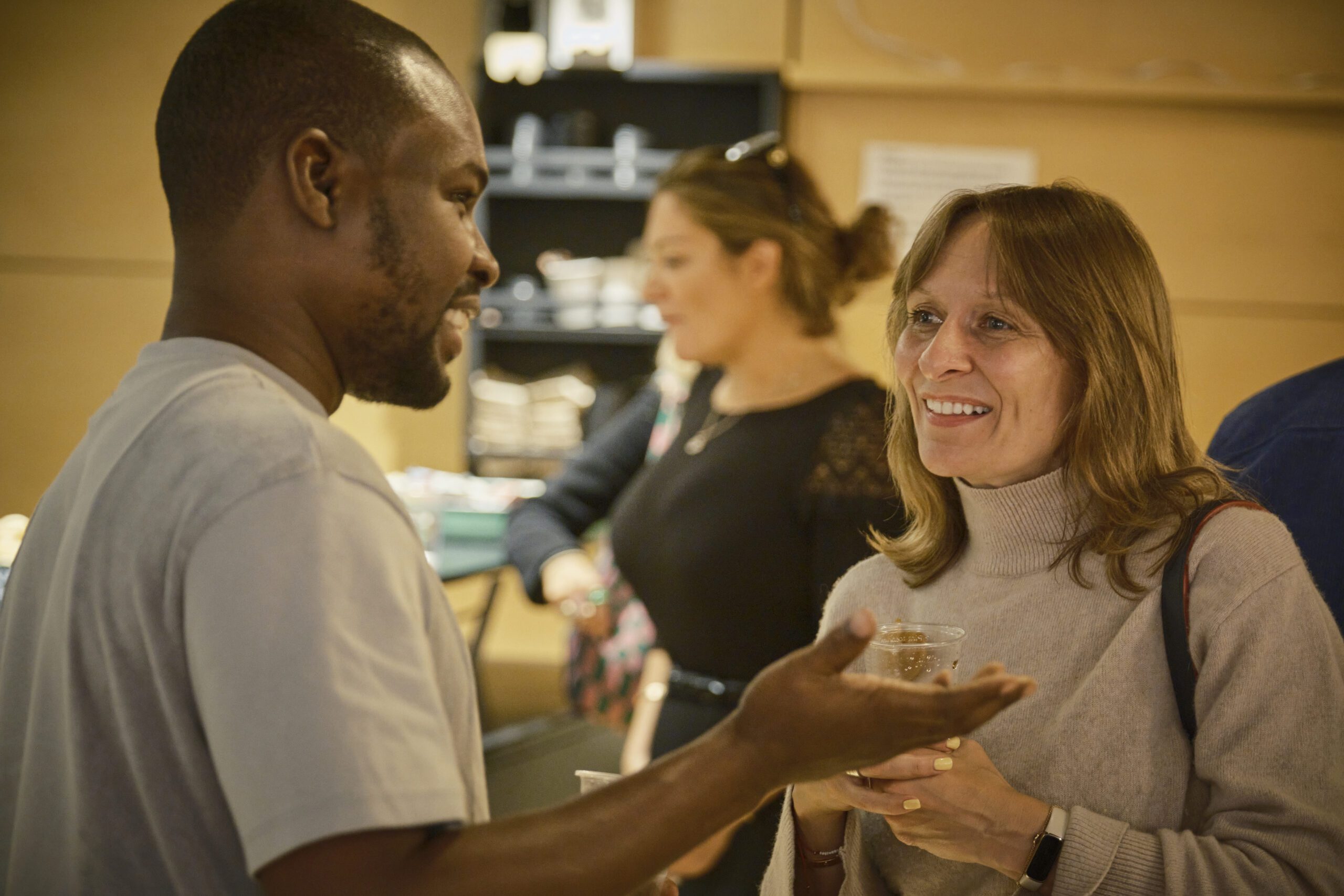
For many actors the quest to find a good monologue is an on-going drama. When you have only 2 minutes to convince a panel of your acting skill and place in the industry, finding a speech can mean spending hours on bookshop floors skimming pages for long sections of text, and buying random plays online with the hope that one will make your monologue dreams come true.
We’ve been there too, so we started The Mono Box for to relieve actors of this struggle. By asking industry professionals to recommend plays they believe contain a good monologue, we have collected nearly 2,500 texts. With donations from David Tennant, Olivia Colman, Cillian Murphy and Tom Hiddleston, to name but a few, the collection has become a unique source of advice and experience from some of the UK’s best theatre talent for upcoming actors.
You can come to a Speech Surgery to browse the plays and get advice on your search, but until we meet, here are some top tips from our sessions to help you start your search:
1. Read the play
You’d be surprised at how few actors read the whole play that their chosen speech is from. Whilst a monologue book can be a helpful introduction to your search, speeches found in anthologies, or on the Internet, rarely provide you with enough information for you to create a bold, clear character. Reading a play only takes as long as it does to watch one, and the truth is the more you read, the more you will get to grips with the kind of writing you’re interested in. You’ll have more to speak about in auditions if you understand the world the playwright has created.
2. Look for active speeches
In your search you will come across monologues that work wonderfully within the structure of the play but when they are taken out of context they can appear nostalgic. These ‘remembering’ monologues often lack a charge that make for a good audition. Look instead for pieces where you are trying to change another character and there is a clear objective to fulfil. When the cost of failure for a character is great, the speech is immediately more exciting, both to watch and to do.
3. Know the situation
When you speak for 2 minutes without interruption in your everyday life, it’s usually because you have something important to say. Prepare your monologue by working out whom you are talking to, where you are and what you want. Know these limitations and your speech will start to take a clear shape. Clarity and specificity makes for a better story.
4. The 2-Minute Rule
Resist the temptation to push your speech beyond the time limit just because you think you’ve found a brilliant monologue. At our events, agents, auditioners and directors have said that they often make up their minds within 30 seconds of a meeting with an actor, so aim to grab your audience’s attention for the right reasons rather than annoy them for taking too long.
5. Stay close to yourself
Look for characters that are around the same age, accent and casting as you. Remember – the panel has little or no information about you before you enter the room, so whilst it may be exciting to break your own mould by doing something out of your range, your aim in an audition should be to show them who you are; what you could be comes after.
6. Aim to entertain
In a bid to stand out from the crowd shouting obscenities and wielding weapons may seem like a good idea but for the auditioner, your shocking speech may be the fourth example of rape, torture and murder they’ve heard that day. Try instead to find a speech that engages and entertains your panel rather than scares and upsets them. This does not mean comedy; look for speeches that you can access quickly and perhaps raise a smile with a bit of humanity.
7. Research your taste
Go to the theatre and see the work that contemporary playwrights are producing. Check out the CVs of your favourite actors. Make a list of directors that inspire you. Keep a notebook of what you like and dislike about the theatre you research, and soon you’ll have a train of ideas, people and plays that will make finding a monologue a lot easier. It doesn’t have to be an expensive process. Many theatres have reduced rate ticket schemes, last minute standing tickets and pay-what-you-can nights. Where there’s a will…
8. Explore your nerves
Speak the words out loud and share your work. Whether it’s to your drama group, your mum, or at a Speech Showback at The Mono Box events, it’s best to work out how your nerves may hinder your performance in advance of an audition. Assess how you feel afterwards and think about making small changes to carve your speech identity and build up to performance.
Joan Iyiola and Polly Bennett are the Co-Founders of The Mono Box.
Check out upcoming Speech Surgeries where you can search the play collection, work with a director and attend an industry Q&A on their events page here: www.themonobox.co.uk. You can join the mailing list to be kept up-to-date by emailing hello@themonobox.co.uk or follow them on Twitter @TheMonoBox.




















